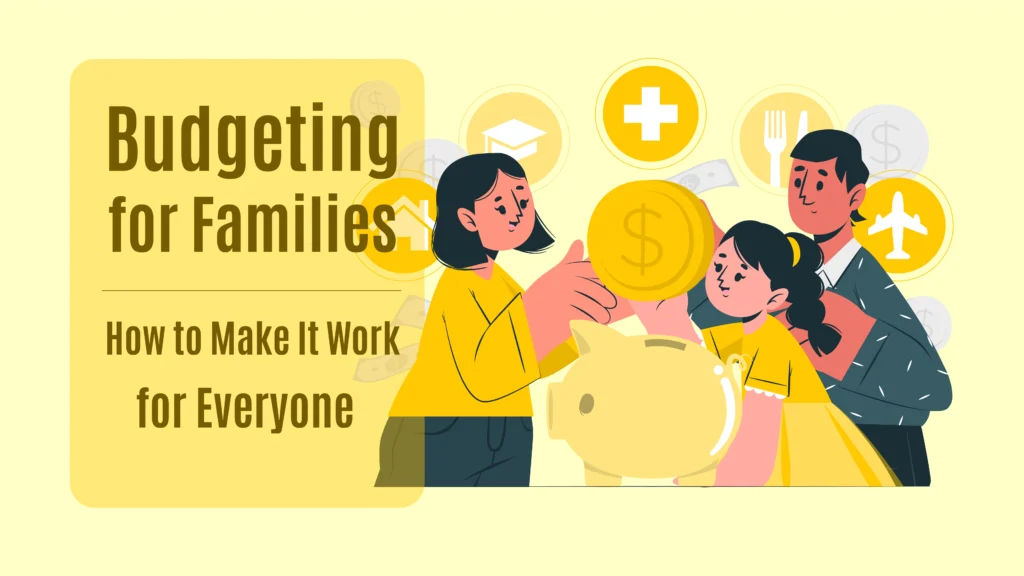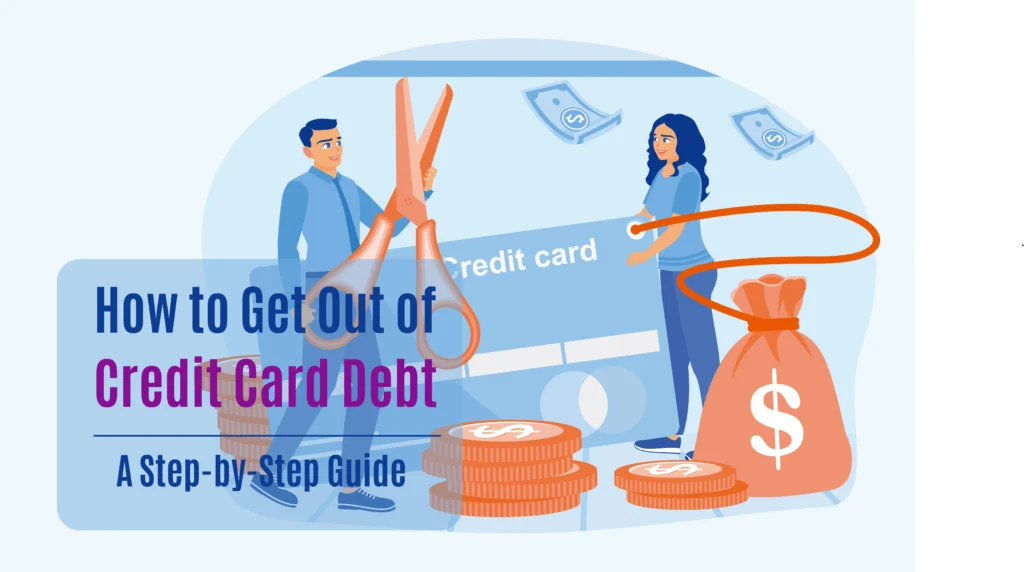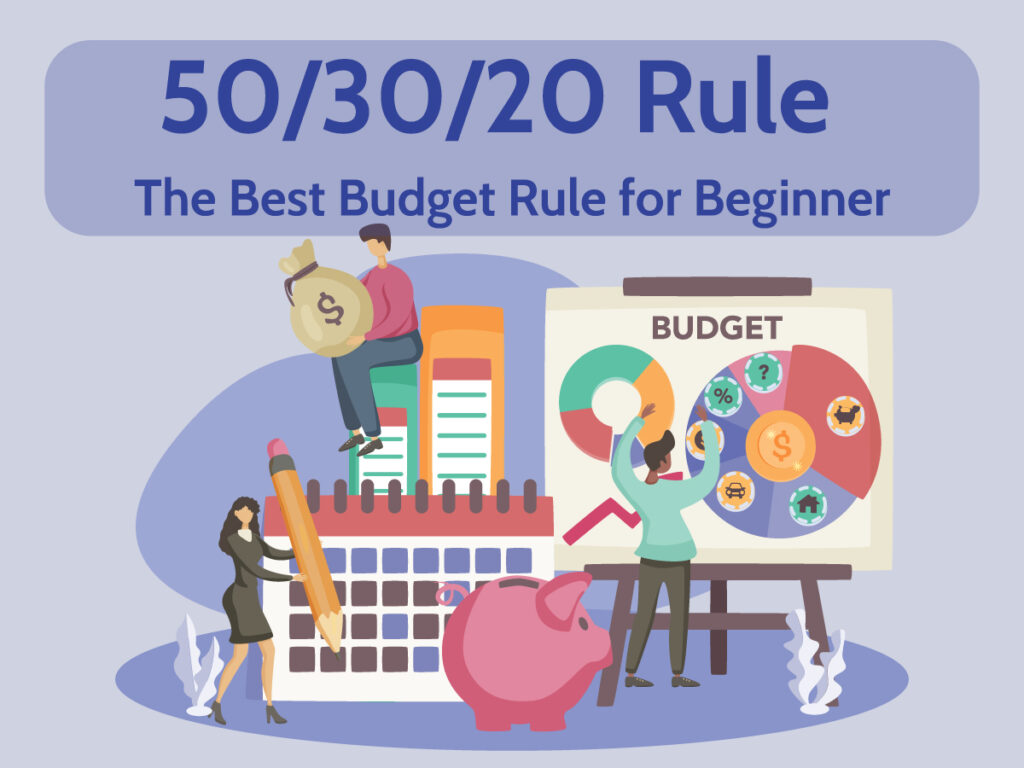10 Simple Budgeting Tips for Beginners
Getting started with budgeting can feel like a daunting task, especially if you’re new to managing your finances. But the truth is, mastering a few budgeting tips can make a world of difference in how you handle your money. Whether you’re looking to save more, reduce debt, or just gain better control of your spending, this guide is packed with easy-to-follow advice that will set you on the right track. Let’s explore some simple tips to help you build a strong financial foundation and achieve your goals with confidence!
Many people view budgeting as restrictive or confining, but it’s actually the opposite. A well-planned budget offers freedom—freedom from stress, freedom to spend mindfully, and freedom to achieve your financial goals. Instead of wondering where your money went at the end of the month, budgeting gives you clarity and control over every dollar.
The good news is that budgeting doesn’t have to be complicated. With a few basic principles and the right approach, anyone can master the art of managing their money. In this guide, we’ll cover ten simple budgeting tips for beginners that will help you take control of your finances. So, grab a notebook, download a budgeting app, and let’s dive in!

1. Set Clear Financial Goals
The first step in creating a budget that works is setting clear financial goals. Without knowing what you’re working toward, it’s easy to lose motivation and spend aimlessly. Whether you’re saving for a down payment on a house, trying to pay off debt, or building an emergency fund, having specific, measurable goals will guide your spending decisions.
When setting goals, break them into short-term and long-term categories. Short-term goals might include paying off a credit card or saving for a vacation, while long-term goals could involve saving for retirement or purchasing a home. Make sure your goals are SMART—Specific, Measurable, Achievable, Relevant, and Time-bound. For example, instead of saying “I want to save money,” say “I want to save $5,000 for an emergency fund within the next year.”
Why is goal-setting so important for budgeting? Having goals keeps you accountable. When you have a clear target in mind, you’re more likely to think twice before making unnecessary purchases. Let’s say you have a goal of paying off $1,000 of credit card debt within the next three months. Whenever you’re tempted to spend money on something frivolous, you’ll be reminded of your debt goal and that impulse buy will lose its appeal.
Additionally, goals give you something to celebrate. Imagine reaching your savings goal of having three months’ worth of living expenses in an emergency fund. That feeling of accomplishment will motivate you to continue your good financial habits, and you’ll be more likely to set new, bigger goals for the future.
Pro Tip: Write your goals down and place them somewhere visible. Whether it’s on your fridge, your bathroom mirror, or your desk at work, seeing your goals regularly will keep them top of mind and strengthen your financial discipline.
2. Track Your Spending
Before you can create a budget, you need to know where your money is currently going. Many people are surprised when they see how much they spend on non-essential items like dining out, coffee runs, and impulse purchases. Tracking your spending is the foundation of effective budgeting because it shows you exactly where your money is going each month.
Start by tracking all your expenses for at least 30 days. Use a budgeting app like Mint or You Need A Budget (YNAB), or simply jot down your purchases in a notebook. Categorize your expenses into needs (e.g., rent, groceries, utilities) and wants (e.g., entertainment, eating out). By identifying patterns in your spending, you’ll quickly see areas where you can cut back and save.
It can be an eye-opening experience. Many people don’t realize how small, everyday purchases—like a $5 coffee or $10 lunch—can add up to hundreds of dollars a month. For example, if you buy coffee every weekday for $5, that’s $25 a week, or around $100 a month. Over a year, that’s $1,200! Simply brewing your coffee at home could help you save a significant amount that could be put toward your financial goals.
Tracking your spending helps bring awareness to your habits, which is crucial for making informed decisions when you build your budget. Additionally, it can help you stay accountable. When you see exactly where your money is going, it’s harder to justify unnecessary purchases. You’re more likely to think, “Do I really need this, or can this money go toward something more important?”
Pro Tip: Review your spending weekly. This regular check-in helps you stay on top of your finances and catch any potential budget busters before they get out of control.
3. Differentiate Between Needs and Wants
One of the most important lessons in budgeting is learning to differentiate between needs and wants. Needs are essential expenses such as housing, food, transportation, and healthcare. Wants are discretionary items like dining out, shopping, and entertainment.
It can be tricky to make this distinction, especially in today’s consumer-driven society where advertisements constantly encourage us to spend. But mastering the ability to differentiate between what you need and what you simply want is crucial for sticking to your budget. Often, the line between needs and wants can become blurry. For example, while food is a need, dining out at a fancy restaurant is a want.
To help clarify this, consider using the “24-hour rule.” Whenever you’re tempted to buy something non-essential, wait 24 hours before making the purchase. This cooling-off period can help you make more rational decisions and avoid impulse buys.
When it comes to budgeting, needs should always take priority. Ensure you allocate enough funds for essentials before considering spending on wants. This doesn’t mean you should eliminate all wants from your life. Instead, it’s about finding a balance and making sure your spending aligns with your financial priorities. For instance, if travel is something you value, you can budget for it—just make sure you’re not cutting into your grocery or rent budget to make it happen.
Pro Tip: Create a “splurge fund” within your budget. Allocate a small portion of your income to guilt-free spending on non-essential items. This way, you can enjoy your wants without jeopardizing your financial goals.
4. Choose a Budgeting Method That Works for You
There’s no one-size-fits-all approach to budgeting. The best budget is the one that works for your lifestyle and personality. Some people thrive on detailed spreadsheets, while others prefer a more hands-off approach. The key is to choose a budgeting method that fits your preferences and helps you stay consistent.
Here are three popular budgeting methods to consider:
- 50/30/20 Rule: Allocate 50% of your income to needs, 30% to wants, and 20% to savings or debt repayment. This method is great for those who want a simple, flexible approach to budgeting. It allows you to enjoy your money without neglecting your savings goals.
- Zero-Based Budgeting: This method requires you to assign every dollar a job by allocating your entire income to specific categories, with nothing left unaccounted for. This approach is ideal for those who want full control over their money and prefer a more detailed budget.
- Envelope System: With this cash-based system, you allocate specific amounts of cash to various spending categories (e.g., groceries, entertainment) and place the money in physical envelopes. Once the cash in an envelope is gone, you stop spending in that category for the month. This method is particularly effective for those who struggle with overspending on non-essential items.
Each method has its pros and cons, so choose the one that fits your financial situation and personality. If you like structure and control, zero-based budgeting may work best for you. If you prefer flexibility, the 50/30/20 rule might be a better fit. The key is to find a method that you can stick to consistently.
Pro Tip: Try combining methods. For example, you can use the 50/30/20 rule for high-level budgeting but incorporate the envelope system for areas where you tend to overspend, like dining out or entertainment.
≫ Learn More: 50/30/20 Rule-The Best Budget Rule for Beginner
5. Build an Emergency Fund
An emergency fund is your financial safety net. It protects you from unexpected expenses like medical bills, car repairs, or job loss. Without an emergency fund, a single financial setback could derail your budget and force you to go into debt.
The rule of thumb is to aim to save at least 3 to 6 months’ worth of living expenses in an easily accessible account, like a high-yield savings account. If saving that much seems overwhelming, start small. Set a goal to save $1,000 as a starter emergency fund and gradually increase it over time.
Building an emergency fund is particularly important for beginners, as it creates a financial cushion that prevents you from using credit cards or loans when life throws an unexpected expense your way. For example, if your car suddenly needs a $500 repair, you can tap into your emergency fund instead of putting the charge on a high-interest credit card.
Not sure how to start saving? One of the simplest strategies is to automate your savings. Set up automatic transfers to move a fixed amount from your checking account to your emergency fund every payday. This “set it and forget it” approach makes saving painless and ensures you’re consistently contributing to your fund.
Pro Tip: Treat your emergency fund like a bill. Prioritize it in your budget just as you would rent or utilities. This ensures that you’re consistently building your financial safety net.
≫ Learn More: Why You Need Emergency Fund and How to Build It
6. Cut Unnecessary Expenses
One of the easiest ways to free up money in your budget is by cutting unnecessary expenses. This doesn’t mean you have to give up everything you enjoy, but it’s important to identify areas where you can save without feeling deprived.
Start by reviewing your spending from the last few months and look for patterns. Do you pay for subscription services you rarely use? Could you cook more meals at home instead of dining out? Are there cheaper alternatives to your current cell phone or internet plan? Often, simply becoming aware of these expenses is enough to inspire changes in spending behavior.
For example, many people have multiple streaming services (e.g., Netflix, Hulu, Disney+) but only regularly watch one or two. Cutting out even one service can save you $10 to $15 per month, which adds up over the course of a year. Similarly, switching to a less expensive phone plan or bundling services like internet and cable can reduce your monthly bills.
Another effective strategy is to negotiate your bills. Call your service providers—whether it’s your cell phone, cable, or internet provider—and ask for discounts or promotions. Many companies are willing to lower your bill to retain you as a customer, especially if you’ve been with them for a while. Even small savings can add up over time and give you more room in your budget for important goals.
Pro Tip: Use a free service like Trim or Truebill, which can help you identify and cancel unused subscriptions or negotiate bills on your behalf.
7. Automate Your Savings and Bills
Automation is one of the best ways to stay consistent with your budget. When you automate your savings and bill payments, you remove the temptation to spend money on other things. Plus, you avoid late fees and penalties from missed payments, which can quickly derail your financial progress.
Set up automatic transfers to move money into your savings account each month, preferably right after you get paid. This way, you’re prioritizing savings before you have a chance to spend that money on non-essential items. Over time, this strategy helps you build wealth with little effort.
You can also automate your bill payments through your bank or service providers. Automating payments ensures that your bills are paid on time every month, eliminating the risk of late fees. Many utility companies, credit cards, and student loan providers offer discounts or lower interest rates if you enroll in automatic payments, saving you even more money.
Pro Tip: Use multiple accounts to automate your budget. For example, set up one account for fixed expenses (like rent and utilities), another for variable expenses (like groceries and entertainment), and a separate one for savings. This way, your money is automatically divided according to your budget, and you’re less likely to overspend.
8. Monitor and Adjust Your Budget Regularly
A budget isn’t a set-it-and-forget-it tool. Life changes, and so should your budget. It’s important to review your budget regularly—whether that’s monthly, quarterly, or whenever a significant life event occurs (like a new job or moving to a new city)—to ensure it still aligns with your financial goals and current situation.
During your review, check if your income or expenses have changed, and adjust your budget accordingly. If you find yourself consistently overspending in a certain category, consider increasing that category’s allocation and cutting back in others. For instance, if you regularly spend more on groceries than you budgeted for, you might reduce your dining-out budget to make up the difference.
Reviewing your budget also helps you stay on track with your financial goals. If you’ve reached a savings goal or paid off a debt, celebrate your success! Then, set new goals and adjust your budget to reflect your new priorities.
Pro Tip: Schedule a “money date” with yourself once a month. Use this time to review your budget, track your progress toward financial goals, and make adjustments as necessary. This practice helps you stay engaged with your finances and motivated to stick to your budget.
9. Avoid Lifestyle Inflation
Lifestyle inflation happens when your spending increases as your income grows. It’s tempting to upgrade your lifestyle when you get a raise or bonus, but this can prevent you from reaching your financial goals. Instead of allowing your expenses to rise with your income, focus on maintaining your current lifestyle and using that extra money to accelerate your financial progress.
For example, if you receive a $500 raise, consider putting half of it into your retirement fund and using the rest for something fun. This way, you enjoy the benefits of your hard work while still staying on track with your budget.
Another common area where lifestyle inflation sneaks in is housing. Just because you can afford a more expensive apartment or a bigger house doesn’t mean you should. Staying in a more modest living situation, even as your income grows, allows you to funnel more money into savings, investments, or debt repayment.
Pro Tip: Whenever your income increases, commit to saving a percentage of the raise before you even receive it. For example, if you get a 5% raise, plan to automatically save at least 50% of that increase.
10. Get an Accountability Partner or Use Community Support
Budgeting can be challenging, but having an accountability partner can make all the difference. Whether it’s a friend, family member, or financial coach, having someone to check in with can keep you motivated and on track. Sharing your financial goals with someone else creates a sense of responsibility and makes you less likely to give up on your budget.
You can also join online communities or social media groups where people share budgeting tips, successes, and challenges. These communities provide support, encouragement, and accountability, helping you stay committed to your financial goals. Being part of a community reminds you that you’re not alone in your financial journey.
In addition to accountability, these communities can offer valuable advice. You’ll learn new budgeting strategies, discover helpful tools, and get encouragement when you hit a rough patch. Plus, celebrating your financial wins with others who understand the journey can be incredibly rewarding.
Pro Tip: Consider starting a budget challenge with friends or family. For example, you could set a goal to save $500 in a month and track each other’s progress. Friendly competition can make budgeting fun and help everyone stay accountable.
Conclusion and Final Thoughts
Budgeting is a skill that takes time and practice, but the benefits are worth it. By setting clear goals, tracking your spending, and following the tips outlined in this guide, you’ll be well on your way to financial success. Remember, the key to effective budgeting is consistency. Start small, stay patient, and make adjustments as needed.
Building a budget doesn’t mean you have to sacrifice all the things you enjoy—it’s about prioritizing your spending so you can achieve your financial goals while still living a fulfilling life. With these 10 simple budgeting tips, you’ll be better equipped to manage your money, build savings, and achieve your financial goals.
So why wait? Start budgeting today and take control of your financial future.












